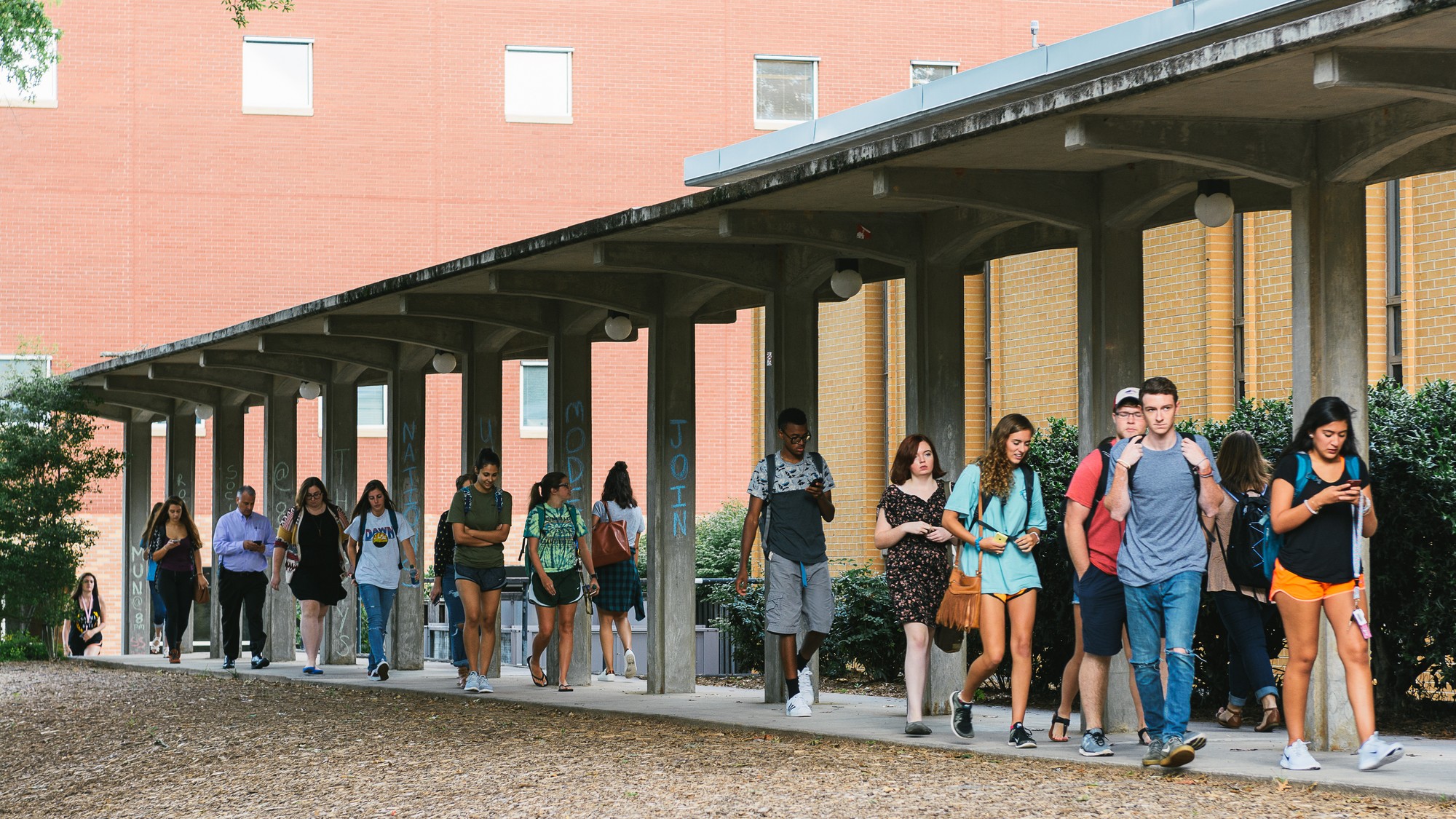Social media has been a basic part of life for well over a decade, and has revolutionized human communication. However, implementing visible ratings on posts can have serious and harmful effects on young people. To protect users’ mental health, social media sites should make the number of likes invisible to everyone but the person who made the post.
Seeing another person’s post with more likes can make someone feel as though their experiences are worth less than someone else’s. Eventually, posting will no longer be about shared interests but rather seeking validation from peers and followers.
Several studies throughout the past decade have revealed a correlation between time spent on social media and the development of mental health problems in adolescents and young adults, including depression and borderline personality disorder.
One study, in particular, found that “the more people used Facebook at one time point, the worse they felt the next time we text-messaged them; the more they used Facebook over two-weeks, the more their life satisfaction levels declined over time.”
Instead of improving connections with others, social networks can drive a person further into solitude, creating a vicious cycle where the only human connection they have is through sites that contain features which only worsen mental well-being.
Social media is valuable for keeping up with friends and family. However, by having visible ratings on every post, social media can make people feel ignored or unwanted if their stories get less attention. For users, it’s important to know when to step away from social media to avoid measuring self-worth by internet popularity.
“I stay informed from being on social media because of how fast news travels, but constantly looking at pictures of peoples’ seemingly perfect lives can begin to make me feel insecure sometimes,” Mo Mohamed, a senior majoring in integrative studies said. “It’s always good to take a break, gain perspective and get back to reality where there is no filter.”
Social networks are places where people can interact more often, but with less information. While this may be good in some contexts, the benefits of human interaction can be reversed by the limits of the medium.
“I approach social media technologies as tools that can be put to use for harmful or beneficial purpose,” Dr. Erin Bahl, a professor in the KSU English Department, said. “However, these platforms can also be used for bullying or for provoking unhealthy competition through comparisons. It’s important to consider the many ways we use social media technologies and to be aware of the ways these tools shape our relationships with other people.”
The seemingly popular necessity of social media means that avoiding it entirely would be an unrealistic expectation. Therefore, it falls to the websites themselves to improve users’ experiences by removing the global visibility of likes and the unhealthy competitive nature that comes with them.
“It would be a good idea if there were a way to control the ‘likes’ displayed to protect the users,” Jan Phillips, a senior lecturer for the KSU School of Communication & Media, said. “But the real solution is encouraging students to seize opportunities offered on campus to meet the need for confirming close relationships.”



